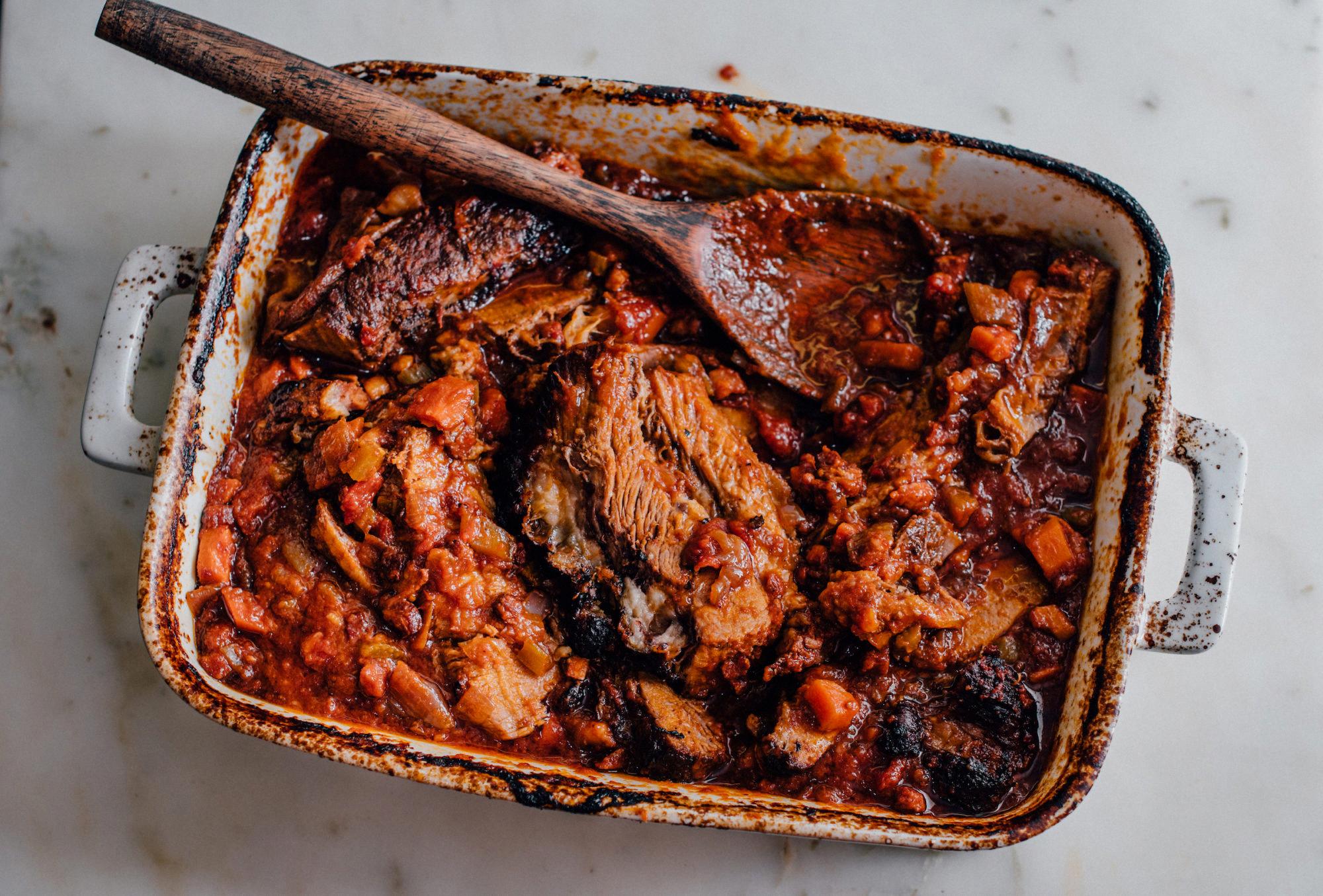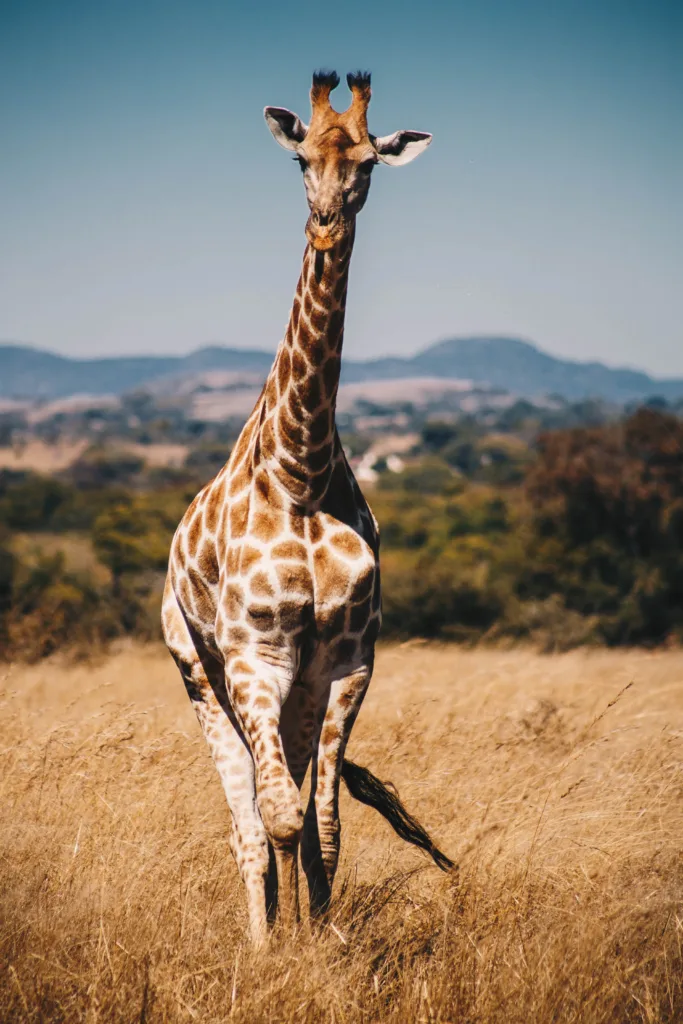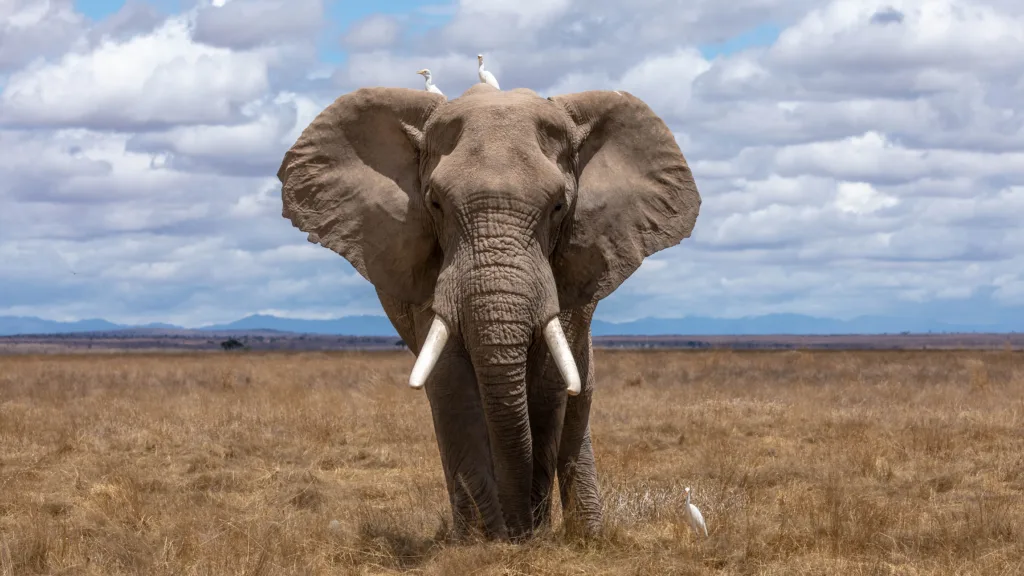Elephants are majestic creatures that have been a part of our planet for millions of years. These gentle giants are known for their intelligence, social behavior, and unique features like their trunk and tusks. However, there has been a long-standing debate about whether or not people eat elephant meat. In this blog post, we will explore this topic in detail.
Firstly, it is important to note that eating elephant meat is not a common practice in most parts of the world. However, in certain regions of Africa, elephant meat, also known as bushmeat, is considered a delicacy and is consumed by some communities. It is also believed to have medicinal properties and is used to treat ailments like asthma and erectile dysfunction.
The consumption of elephant meat is not only a cultural practice but also a means of survival for some communities. In areas where food is scarce, hunting elephants for their meat is a way to feed families and provide a source of income. However, due to the decline in elephant populations, hunting elephants for their meat has been banned in most countries.
In addition to the ethical concerns surrounding the consumption of elephant meat, there are also health risks associated with it. Elephants are known carriers of diseases like tuberculosis and anthrax, which can be transmitted to humans through the consumption of infected meat. Furthermore, due to the illegal nature of elephant poaching, the meat is often sold in unsanitary conditions, which can lead to further health complications.
While the consumption of elephant meat may be a cultural practice in some regions, it is important to considr the ethical and health implications associated with it. With the decline in elephant populations and the risk of disease transmission, it is crucial to discourage the consumption of elephant meat and promote sustainable and ethical alternatives. As humans, it is our responsibility to protect and preserve these magnificent creatures for future generations to enjoy.
The Palatability of Elephant Meat
From a culinary standpoint, elephant meat is not considered to be a desirable food. While some cultures may have traditional dishes that include elephant meat, it is generally tough and has a very strong, gamey flavor that is not to everyone’s taste. Additionally, hunting elephants for meat is illegal in many countries due to their endangered status, making it difficult to obtain legally. Therefore, it is not recommended to consume elephant meat for both ethical and culinary reasons.

Source: tastecooking.com
The Name of Meat Derived from Elephants
Elephant meat, which is consumed in some parts of Africa, is commonly referred to as bushmeat. This term encompasses all types of wild game, including elephant, that are hunted and consumed for food. While elephant meat is not a common delicacy in most parts of the world, it remains an important source of protein and sustenance for some communities in Africa. It is important to note, however, that the hunting and consumption of elephants is illegal in many countries due to their endangered status.
Cooking Elephant Meat
Cooking elephant meat is illegal in most parts of the world as elephants are an endangered species. However, hypothetically speaking, if you have access to elephant meat and intend to cook it, the process is quite complex and time-consuming.
Firstly, the elephant would need to be cut into smaller, more manageable pieces. This can take up to three weeks, depending on the size of the animal.
Once the elephant is cut into bite-sized pieces, it needs to be paced in a pot and covered with water. Seasoning with salt and pepper is optional but recommended.
The pot should then be brought to a boil and the heat reduced to a simmer. The elephant meat needs to be cooked for an extended period of time to ensure it is tender and safe to eat. This could take up to four months, as elephant meat is quite tough and requires a longer cooking time.
It’s important to note that elephant meat is not a common food item and is illegal to sell or purchase in most countries. Additionally, consuming elephant meat can have serious legal and ethical consequences. Therefore, it’s best to avoid cooking elephant meat altogether and opt for more sustainable and ethical food options.
Can Humans Consume Giraffe Meat?
Yes, people do eat giraffe meat. However, it is not a common practice and is generally limited to certain African cultures. In some parts of Africa, giraffe meat is considered a delicacy and is consumed on special occasions or as a source of protein. However, hunting giraffes for their meat is illegal in many countries, and their populations are declining due to habitat loss and poaching for their body parts. Therefore, it is not recommended to eat giraffe meat, and conservation efforts should be made to protect this endangered species.
Is Eating Giraffe Meat Safe?
Yes, giraffe meat is edible and has been consumed by humans for centuries, particularly in parts of Africa. The meat is said to have a gamey flavor and is often compared to beef or venison. However, it is worth noting that giraffes are not commonly hunted for their meat, and in some countries, such as Kenya, it is illegal to hunt them. In the United States, giraffe meat can be obtained through legitimate sources and may occasionally appear on restaurant menus, though it is not widely available. While some may find the idea of eating giraffe meat controversial, it is important to remember that dfferent cultures have different dietary practices and beliefs.

Consumption of Elephants in Different Countries
It is important to note that eating elephants is not a common practice in most countries. However, there are a few countries in Central Africa where elephant meat is consumed, including Cameroon, Central African Republic, Republic of Congo, and the Democratic Republic of Congo. In these countries, hunting elephants for their meat has become a significant issue, with some communities relying on it as a source of protein. It is worth noting that hunting elephants is illegal in many countries and is considered a threat to the survival of these majestic animals.
Can Muslims Consume Elephant Meat?
Muslims are not allowed to eat elephant meat accordig to the Hanafi school of thought, which is one of the four main schools of Islamic jurisprudence. This is because elephants are considered predatory animals that can harm and even kill other animals. As such, their meat is deemed unlawful for consumption. It is important to note that this prohibition applies specifically to elephant meat and not to other animals. Muslims are required to follow the dietary laws outlined in Islamic jurisprudence, which includes the types of food that are permissible and those that are forbidden. Therefore, it is advised for Muslims to avoid consuming elephant meat as it is considered haram or prohibited.
Is Eating Donkey Meat a Common Practice?
Yes, donkey meat is a thing. It is a delicacy in certain regions of China, particularly in the northern province of Hebei. The meat is said to have a gamey and flavorful taste, more similar to beef than to pork or chicken. While it is not commonly consumed in many parts of the world, donkey meat has been gaining popularity in China and can now be found in major cities throughout the country.
The Consequences of Smoking Elephant Dung
While it is technically possible to smoke elephant dung, it is not recommended or safe for human consumption. Elephant dung contains a variety of potentially harmful bacteria and parasites that can cause illness and infection if inhaled. Additionally, burning any type of animal waste can release harmful chemicals and pollutants into the air, which can be harmful to both human health and the environment. Therefore, it is best to avoid smoking elephant dung and instead use proven mosquito repellent methods such as insect repellent sprays, mosquito nets, or citronella candles.

Are Elephant Ears and Fried Dough the Same?
Yes, elephant ears and fried dough are the same thing. They are a type of fried bread made from yeast dough and are known by various names, including fry dough, fry bread, doughboys, scones, frying saucers, and elephant ears. The dough is deep-fried until it becomes golden brown and puffs up, creating a crispy outer layer with a soft and chewy interior. The name elephant ears come from the shape of the fried dough, which resembles the large floppy ears of an elephant. These delicious treats are often served hot and sprinkled with powdered sugar, cinnamon, or drizzled with honey or chocolate syrup.
Conclusion
In conclusion, it is a known fact that some people in Africa do consume elephant meat, also known as bushmeat. However, it is not a common practice as elephants are considered endangered and protected species. Moreover, the preparation of elephant meat is a time-consuming process that requires several months of simmering to make it tender and safe for consumption. Additionally, the unique flavor of elephant meat may not appeal to everyone’s taste buds, making it an acquired taste. Despite its occasional consumption, it is essential to remember that elephants play a crucial role in the ecosystem, and their protection is vital for the health of the environment. Therefore, it is crucial to discourage the hunting and consumption of elephant meat to ensure the survival of thee magnificent creatures.
